Merciful
-
Matthew 5:7 - Blessed are the merciful, for they will be shown mercy.
Leader: This is the word of the Lord.
All: Praise be to God.
Surface Assumption - My English bible provides the plain meaning of the text.
Mercy (Merriam-Webster) - Compassion or forbearance shown especially to an offender or to one subject to one's power (lenient or compassionate treatment), i.e., begged for mercy.
Bible Nerdery:
Matthew 5:7 (Greek) - μακάριοι οἱ ἐλεήμονες, ὅτι αὐτοὶ ἐλεηθήσονται.
Mercy - Ἔλεος
The merciful - Οἱ ἐλεήμονες
They shall receive mercy - Αὐτοὶ ἐλεηθήσονται
Psalm 51:1 (Psalm 50:3 LXX) - Ἐλέησόν με, ὁ θεός, κατὰ τὸ μέγα ἔλεός σου
Matthew 5:7 - Μακάριοι οἱ ἐλεήμονες, ὅτι αὐτοὶ ἐλεηθήσονται.
Psalm 51:1 (Psalm 50:3 LXX) - Ἐλέησόν με, ὁ θεός, κατὰ τὸ μέγα ἔλεός σου
Matthew 5:7 - Blessed are the merciful, for they shall receive mercy
Psalm 51 - Have mercy on me, O God, according to your great mercy
Psalm 51 (NIV) - Have mercy on me, O God, according to your unfailing love
Psalm 51:1 (HEB) - חָנֵּ֣נִי אֱלֹהִ֣ים כְּחַסְדֶּ֑ךָ
Khesed - loyal love - חֶ֫סֶד
Exodus 34:6 - “Yahweh, Yahweh, compassionate and gracious, slow to anger, overflowing with loyal love (khesed) and faithfulness.”
The Story:
Matthew 9:9-13 - 9 As Jesus went on from there, he saw a man named Matthew sitting at the tax collector’s booth. “Follow me,” he told him, and Matthew got up and followed him.
10 While Jesus was having dinner at Matthew’s house, many tax collectors and sinners came and ate with him and his disciples.
11 When the Pharisees saw this, they asked his disciples, “Why does your teacher eat with tax collectors and sinners?” 12 On hearing this, Jesus said, “It is not the healthy who need a doctor, but the sick. 13 But go and learn what this means: ‘I desire mercy, not sacrifice.’ For I have not come to call the righteous, but sinners.”
-
Each Sunday we come together we offer an open invitation into the way of Jesus. An invitation to enter into sacred rhythms - to draw near to God through singing, giving, learning, and praying.
As a community that desires renewal in Des Moines as it is in Heaven, we recognize that we cannot offer what we ourselves do not have. We cannot lead where we ourselves have not been led; in turn, these questions aim at reflection. Reflecting on God’s word and making space for his leadership.
After watching or listening consider the following discussion questions as a large group or in groups of three to four:
• What stood out from the teaching?
• How do our assumptions shape our interactions with biblical texts? And, what, if any, are some of those assumptions?
• When you personally desire mercy how do you expect it to play out?
• If Jesus imagines khesed -loyal love - to be the center of mercy, how does that reshape our understanding of the fifth beatitude? Consider trying out some paraphrases.
• What type of boundary markers in the Christian communities need thought examination?
• Do you feel yourself moving toward the merciful mess of being Christian or away?
